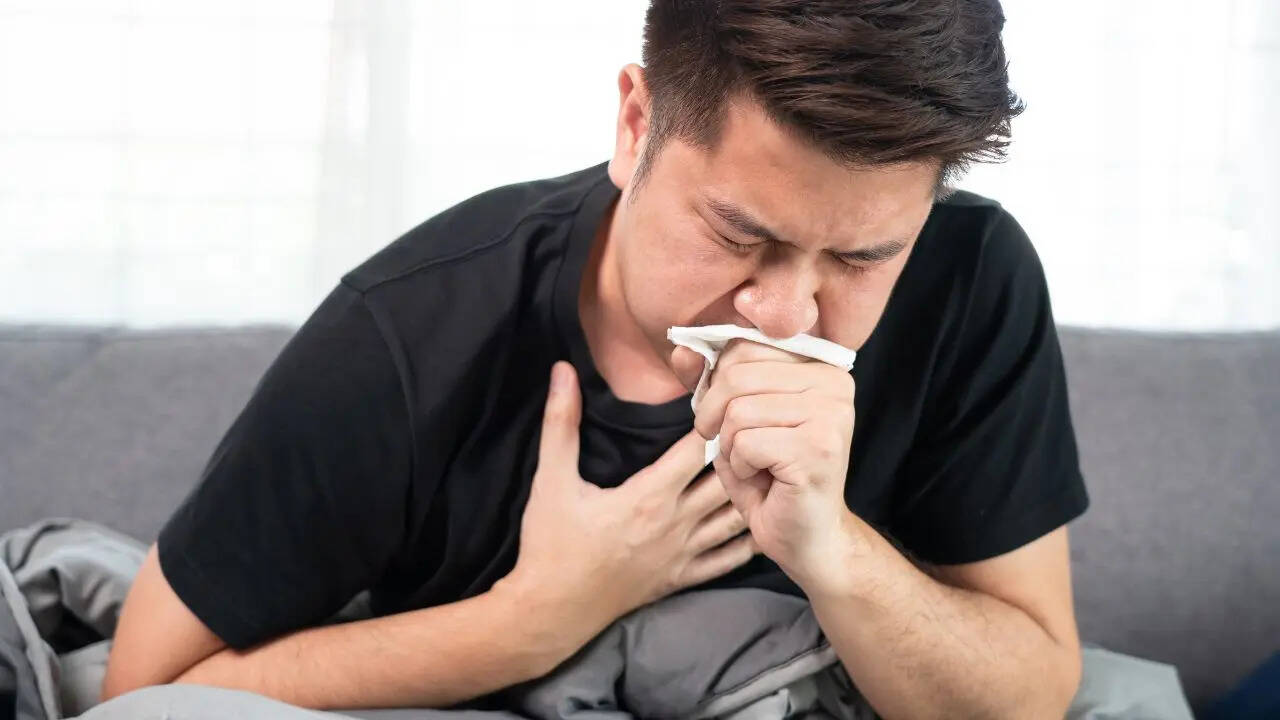This Sleeping Position Could Worsen A Covid Symptom, NHS Cautions

Credits: Canva
SummaryGuidance from health experts highlights how a small change in bedtime habits may help ease a common seasonal symptom. Keep reading to know what to keep in mind while recovering.
End of Article
